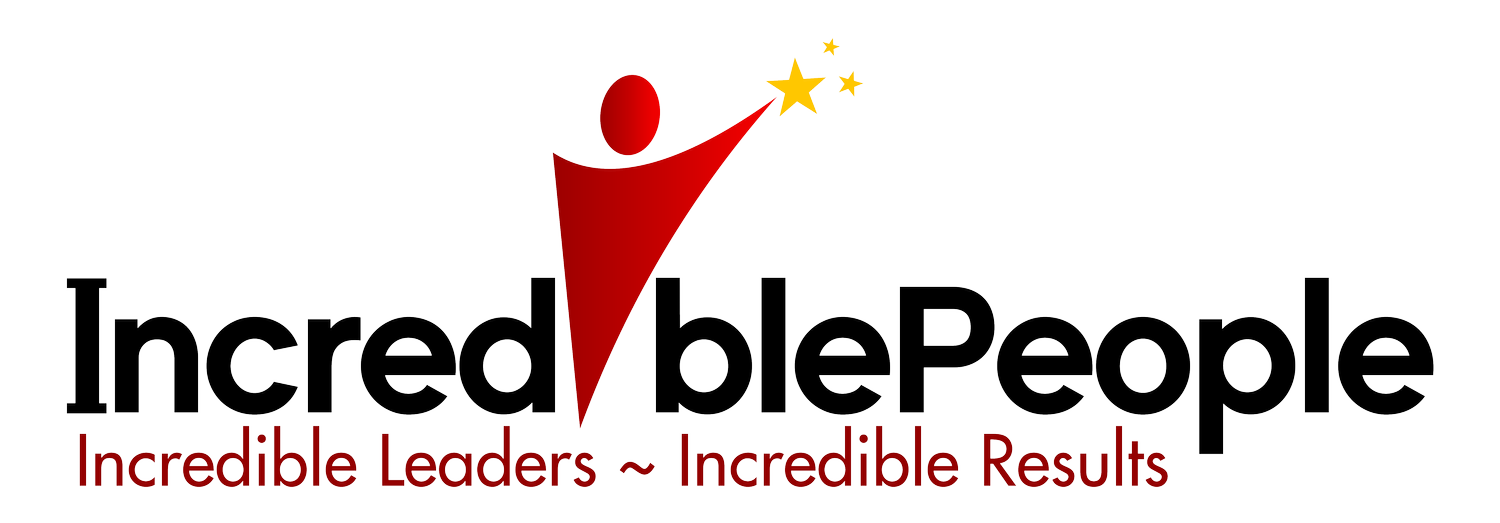Mindful Calendar Management – Balancing Urgency and Importance
Picture yourself at the end of each workday, spending a few minutes planning your next day. You map out not only what needs to be done immediately but also what truly aligns with your long-term goals. This moment of mindful reflection sets a calm, focused tone when you arrive at work the following morning and stops you dwelling on the next day’s priorities in the middle of the night.
Unfortunately, for many leaders this isn’t the case. They find themselves caught between urgent demands and important strategic priorities, which creates mental and physical stress. If that’s you, keep reading.
Understanding the Difference: Urgency vs. Importance
Before you can mindfully manage your calendar, it’s essential to understand the difference between urgent tasks and important ones.
Urgent tasks often demand immediate attention, but they don’t always contribute significantly to your long-term goals. Important tasks, on the other hand, are aligned with your strategic objectives and require thoughtful consideration.
In a high performing team, often everything can feel both urgent and important.
Unfortunately, a study by the Australian Institute of Management found that many leaders spend up to 70% of their time on urgent activities, leaving little room for strategic work.
Mindful calendar management is about shifting that balance. It involves recognising which tasks are truly important and intentionally scheduling them into your day ahead of time, rather than letting urgent matters (that often stem from others’ priorities) hijack your time.
The Role of Mindfulness in Time Management
Mindfulness, in the context of time management, means being fully present and aware of your current priorities.
It’s about taking a step back, focussing on what needs to be accomplished in alignment with broader team goals, and planning your day ahead of time with clarity and purpose.
Research from the University of Sydney suggests that incorporating mindfulness practices into your daily routine can significantly reduce stress and improve focus—benefits that are invaluable for leaders juggling multiple responsibilities.
Key Components of Mindful Calendar Management
Self-Awareness:
Begin by identifying your peak productivity times. Are you more focused in the early mornings or later in the day? Understanding your natural rhythms can help you schedule high-priority tasks during your most productive hours.Intentional Planning:
Instead of reacting to every urgent request, allocate specific times for planning and reflection. Consider setting aside 15-30 minutes each day to review your schedule and adjust your priorities. This intentional planning not only improves focus but also creates a buffer against unexpected interruptions.Committing carefully:
Develop a decision matrix that you can use before saying “yes” to attending a meeting or taking on a new project, that ensures you are committing your time only to what’s most important. Develop 3 - 5 questions that will help you feel comfortable accepting or declining the offer. For example, here are some from my own decision matrix:
Is this request in line with my role expectations and strategic goals?
Is this reasonable or am I being asked to rescue someone?
Is it even possible for me to consider this, given other commitments?
Is this work leading to something bigger/better?
Do I want to commit to this?
4. Time Blocking:
Dedicate blocks of time for deep work, meetings, and breaks. Time blocking is a powerful strategy that helps you reserve space for important tasks, reducing the risk of burnout. According to a survey by the Australian Management Institute, leaders who practice time blocking report a 25% increase in productivity. Imagine a week that’s 25% more productive!
5. Regular Reviews:
Schedule weekly or even daily reflection sessions to assess your progress. Use this time to ask yourself: Are my current tasks aligned with my long-term goals? What adjustments can I make to ensure I’m prioritising what’s truly important?
6. Stress Reduction Techniques:
Integrate mindfulness exercises, such as short meditations or breathing techniques, or short breaks, into your daily routine. These practices can help clear your mind and maintain focus, even when the demands of the day are high.
Benefits of a Mindful Approach
Adopting mindful calendar management can lead to numerous benefits:
Enhanced Decision-Making: With a clearer mind, you’re better equipped to make strategic decisions rather than reacting impulsively.
Reduced Burnout: By balancing urgent tasks with important ones, you can manage your energy more effectively, reducing the risk of burnout.
Improved Productivity: Mindfulness helps you focus on what matters most, leading to more effective use of your time.
Better Work-Life Balance: A well-managed calendar that includes time for reflection and breaks can lead to a healthier balance between professional and personal life.
Mindful calendar management is not just a time-saving technique - it’s a leadership strategy that can transform the way you work.
By balancing urgency with importance and incorporating mindfulness into your planning, you can reduce stress, enhance your focus, transform how others see you, and drive your team forward with greater purpose.
In an environment where distractions are constant and time is a precious commodity, adopting a mindful approach to your calendar can be a significant tool that contributes to your sustainable success.
For more practical insights, join us at one of our upcoming online workshops. Click here to register.
